|
Here's a final reminder to register and participate in the "All Things IP Video" training that's taking place on Tuesday, May 2nd at Cedar Falls Utilities. The training is sponsored by the Iowa Heartland Chapter of the SCTE. Registration details are available on the chapter website: www.iowaheartlandscte.org/events--training.html.
Also, there are two remote sites available for the training in case you're not up for a drive to Cedar Falls. Spencer Municipal Utilities is hosting one of the sites at its facility, and Harlan Municipal Utilities is hosting the other at the Therkildsen Activity Center in Harlan. If you cannot attend one of the sites (Cedar Falls, Spencer, or Harlan) but would like to still participate, contact Curtis Dean to obtain the webcast link.
0 Comments
 On May 18th, the FCC will vote on a proposal by Chairman Ajit Pai to rollback the FCC's previous decision to classify ISP's as common carriers and codify net neutrality. Instead, Pai and his fellow GOP appointee Michael O'Reilly want to let ISP's regulate themselves and commit to net neutrality voluntarily. Consumer advocates are crying foul, claiming that internet giants like Comcast and others will not play fair if the rules don't exist. However, small community based providers have the opportunity to use lack of net neutrality to their advantage. Just like most small providers have not implemented data caps on customers, it is unlikely that they will be take any actions that would violate the spirit of the open internet. So one approach could be to communicate with customers a strong statement on net neutrality that your company will follow voluntarily to put their minds at ease and, possibly, to contrast with the competition. Community-based providers already place a great deal of trust in their local ISP's. Communicating your own open internet philosophy reinforces that trusted image. Many broadband providers have used fixed wireless to provide service outside of their wired footprint. One of the technologies that can be used for fixed wireless is LTE (Long Term Evolution). This week the website Telecompetitor has an interesting article about how LTE would be used in newly-available spectrum that the FCC has designated as the "Citizens Band Radio Service", or CBRS. CLICK HERE to read the article.
There has been quite a bit of news this week about ESPN's struggles in the face of mounting subscriber losses. One big impact is the dismissal of another 100 employees, including several high-profile on air personalities. The networks struggles are related to its shrinking audience. As THIS ARTICLE in Bloomberg points out, the network's audience has shrunk to its lowest level since around 2005. Cable operators have been saying for years that rising programming costs, especially for sports content, are unsustainable. Some of us may take comfort in seeing cable's most expensive network struggling. However, no one expects the sports content that ESPN relies on to get any cheaper to purchase. And how might rising costs for sports and a shrinking audience combine to impact ESPN's programming rates when their current agreements with cable operators expire? They may seek significant increases to make up for the lower customer counts, a threat that should give us all pause before cheering their struggles.
The Iowa Heartland Chapter of the SCTE has added two remote sites for participating in the upcoming "All Things IP Video" training on May 2nd.
The "live" training session will be held at Cedar Falls Utilities. In addition, you can now attend a webcast of the training at two other locations:
Regardless of which site (Cedar Falls, Spencer, or Harlan) or which session (AM or PM), SCTE members will pay just $10 and $15 for non-SCTE members. Register at the Iowa Heartland SCTE Events & Trainings website, and spread the word to your staff about this great opportunity to learn more about IP video! The IAMU Broadband Committee has selected March 20-21, 2018 as the dates for the 2018 Broadband Conference.
Prior to the 2017 conference last month, there had been discussion about possibly moving the conference to a fall date in 2018. However, feedback gathered from attendees and vendors made it clear that the March dates are still better for most companies and people. Over the next several weeks, we'll be reaching out to venues in the Des Moines area to collect proposals for the 2018 show. We'll keep you up to date on where it will be. Two more Iowa municipal utilities have embarked on construction projects to replace their hybrid fiber-coax (HFC) networks with fiber-to-the-home.
Coon Rapids Municipal Utilities began construction of the FTTH project on March 20th. Coon Rapids, which has operated a municipal cable service since 1982, will be replacing its 750 mHz with fiber. Muscatine Power and Water, Iowa's second largest municipal telecom provider, held a groundbreaking ceremony on their FTTH construction project on April 12th. In both cases, the construction is expected to take all of 2017. 2017 promises to be a busy year for FTTH conversion as Spencer completes the final phases of it's rebuild and Indianola begins building out the rest of their service territory with FTTH. The Community Agency is also continuing its conversion to fiber in the communities it serves, and several other IAMU members are in various stages of fiber exploration. You're invited to learn about "All Things IP Video" on May 2nd at Cedar Falls Utilities. The training is sponsored by the Iowa Heartland Chapter of the SCTE. Details are below: Tuesday, May 2, 2017 Cedar Falls Utilities Utility Parkway Cedar Falls, IA 50613 Instructor: Charles Dostale, CFU Network Engineer During this training, we'll discuss the the components of a IPTV headend and methods of delivery over IP network and in the home. Agenda:
Cost: $10.00 for SCTE members, $15.00 for non-members
Sometimes it's fun be nostalgic. Sometimes it just makes you mad. Recently I have been working with a small cable TV provider to conduct a "programming audit". The purpose of this exercise is to review all of their current programming agreements to make sure they are in compliance. In the case of this provider, they also asked me to scan and archive all of their old programming agreements. As a result I have been looking at some programming agreements that were drafted when yours truly was in high school. One thing you notice immediately is that, as years go by, the agreements themselves become much more complex. For example, I'm looking at an agreement for WTBS Superstation from 1982 that consists of ONE (1) typewritten page. Apparently WTBS didn't use attorneys "back in the day".  Then there were the dearly departed channels of old, no longer with us in name but, after multiple name and format changes, still occupy space on our lineup. RIP The Nashville Network, The Family Channel, Odyssey, and the others who have passed into the great channel lineup in the sky. The biggest difference between the old days and today is, of course, costs. That 1982 WTBS agreement had a programming cost of 10 cents per sub. Another I looked at was USA Network from 1987. That year the programming rate was a whopping 13 cents.
I was REALLY hoping to find a 1980's agreement for ESPN, but the earliest they had on file was from 1997. Still, the ESPN rate that year was just 83 cents. And of course, we can't forget that NONE of the TV stations were charging for retransmission consent. Indeed, the good old days. 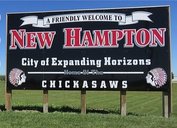 New Hampton Municipal Light Plant has chosen Lookout Point Communications to conduct a feasibility study for a fiber-to-the-premise network in New Hampton to provide smart grid capabilities and broadband services. New Hampton joins Decorah and Vinton as Iowa's latest communities to pursue feasibility studies. A Community Education and Engagement Project in New Hampton during 2016 found strong support for the concept of a community-owned fiber broadband network. New Hampton's authorizing referendum was held in 1999. |
Broadband Bytes NewsPresented by the Community Broadband Action Network and curated by Curtis Dean. Archives
July 2024
Categories
All
|

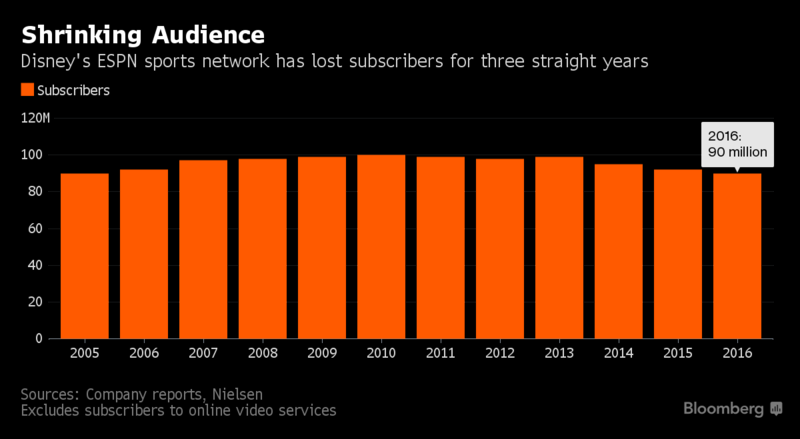
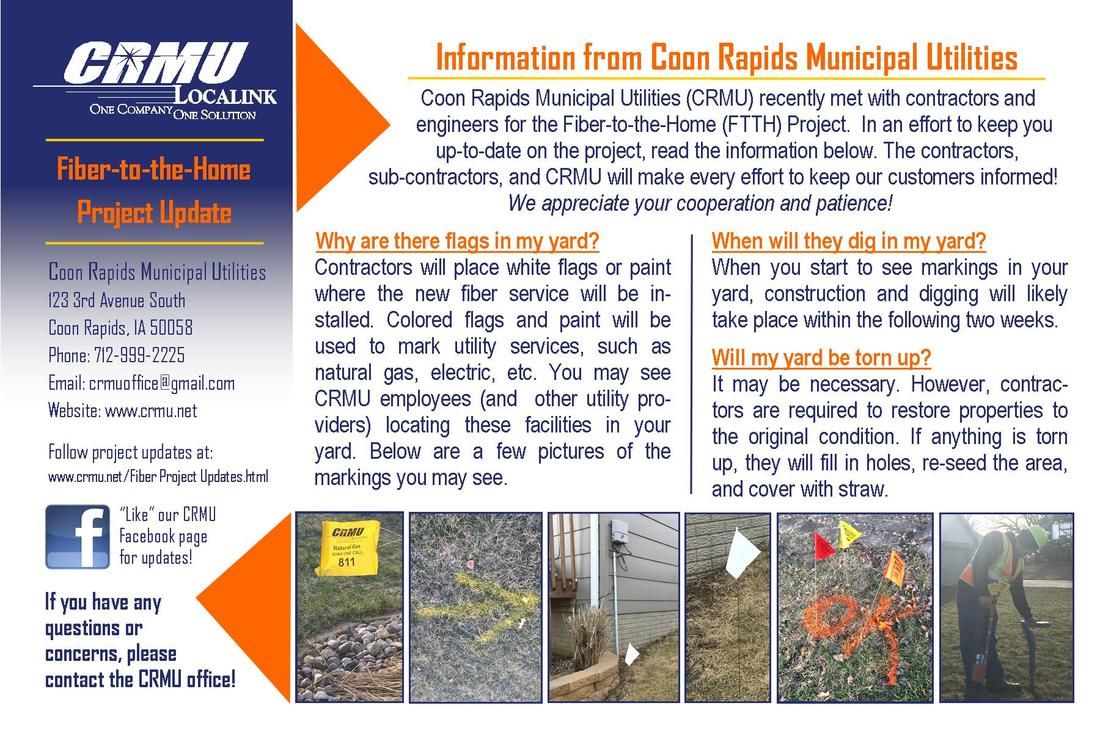
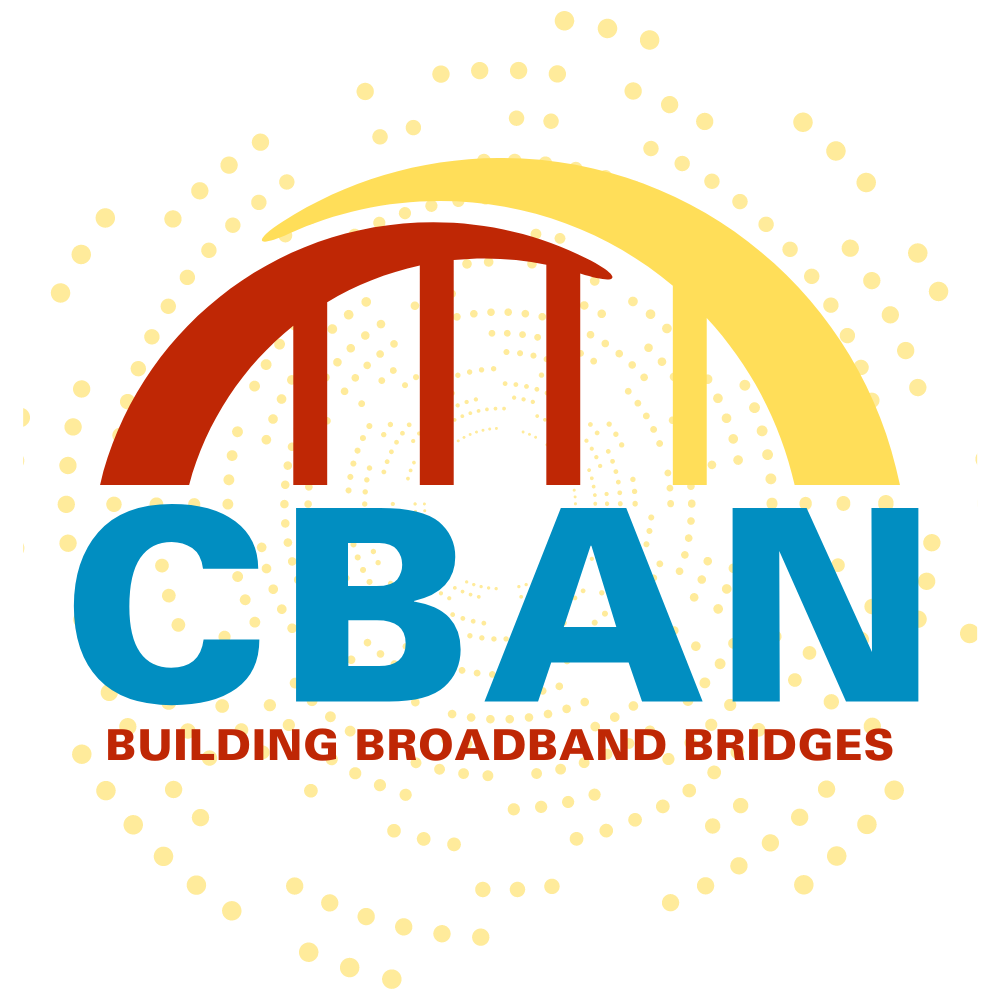
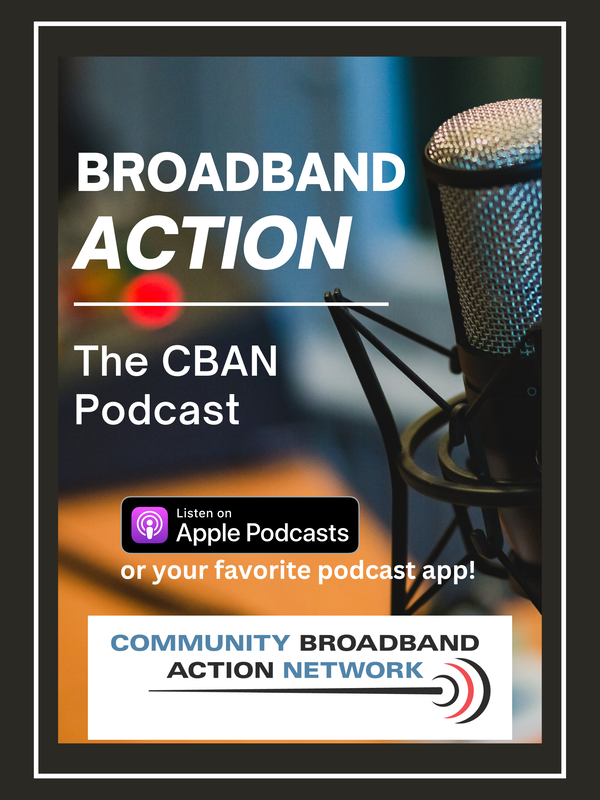

 RSS Feed
RSS Feed
